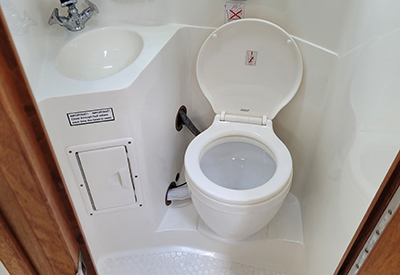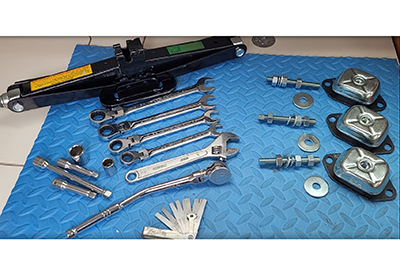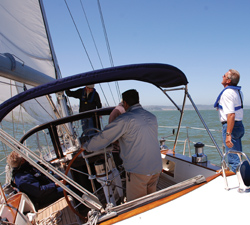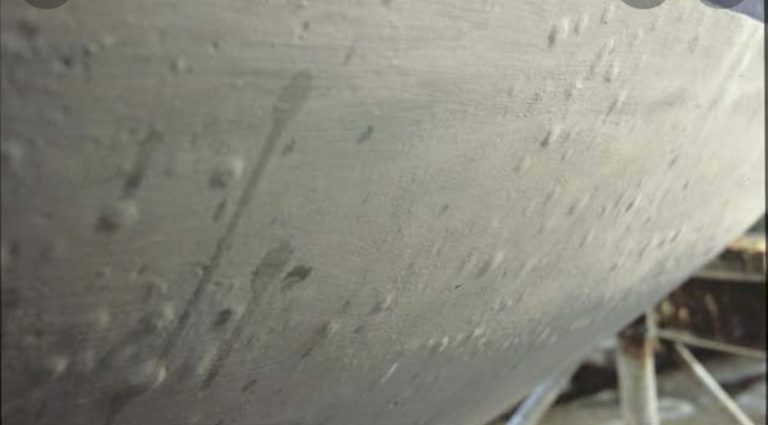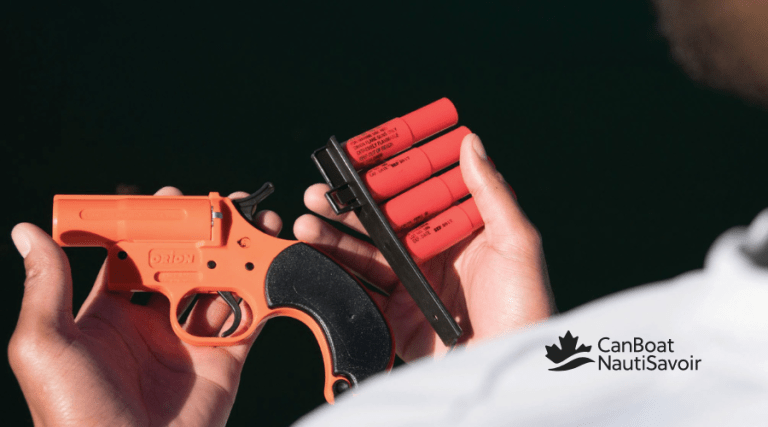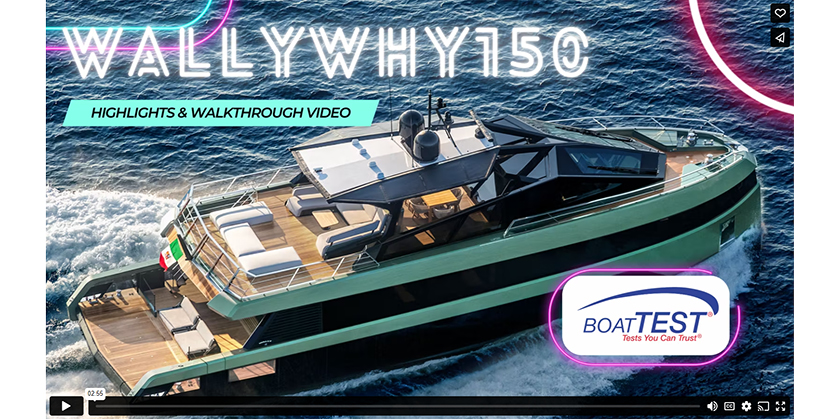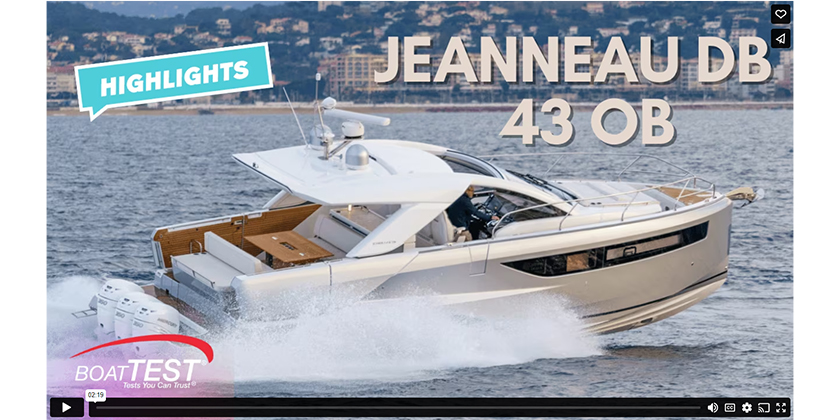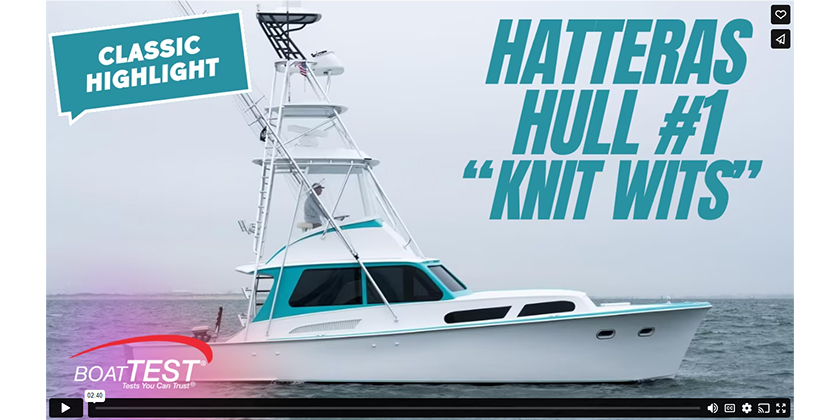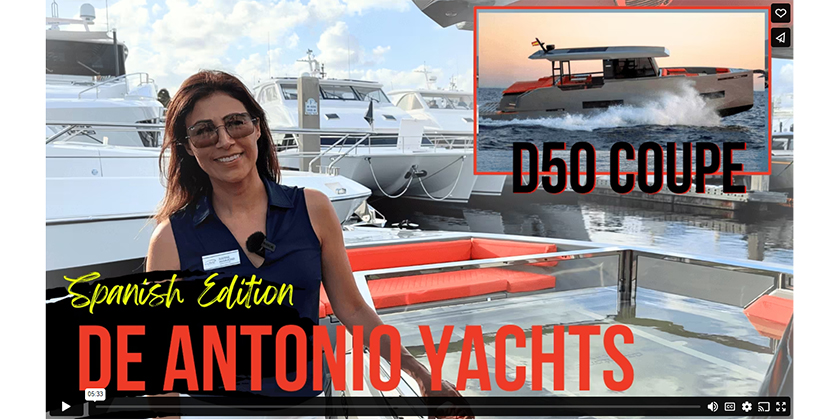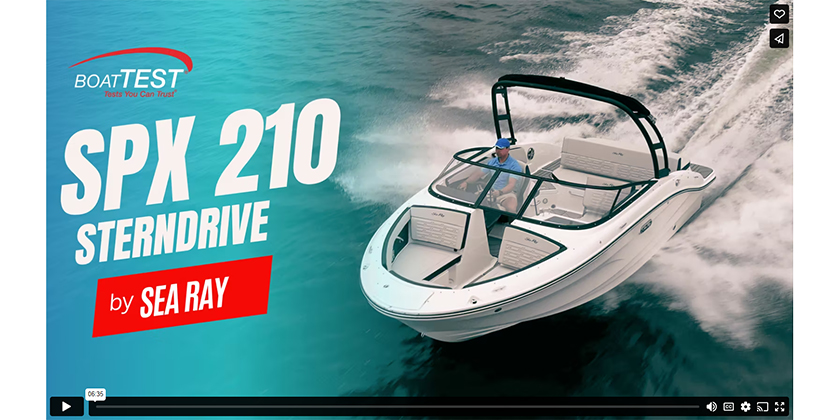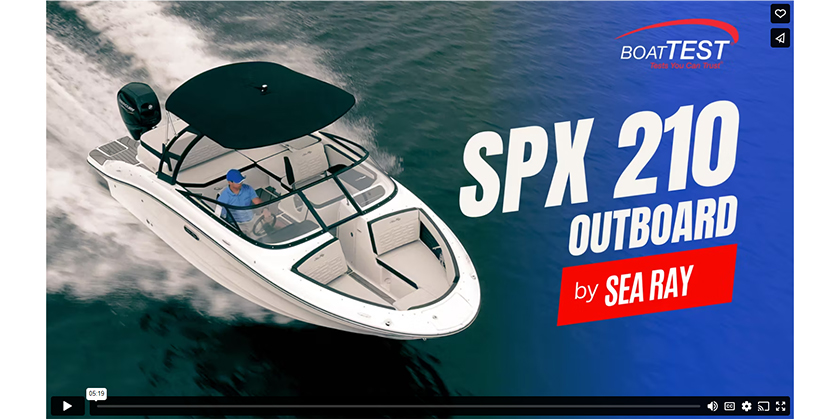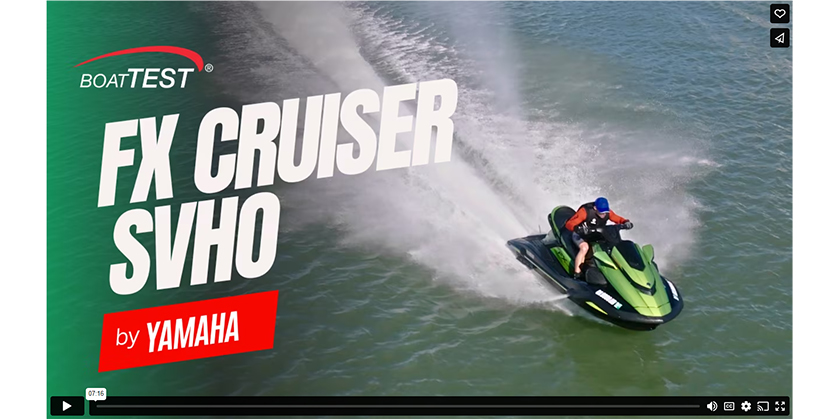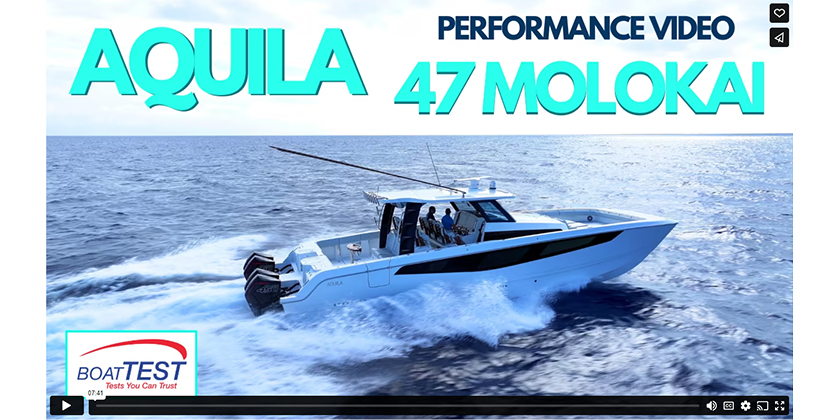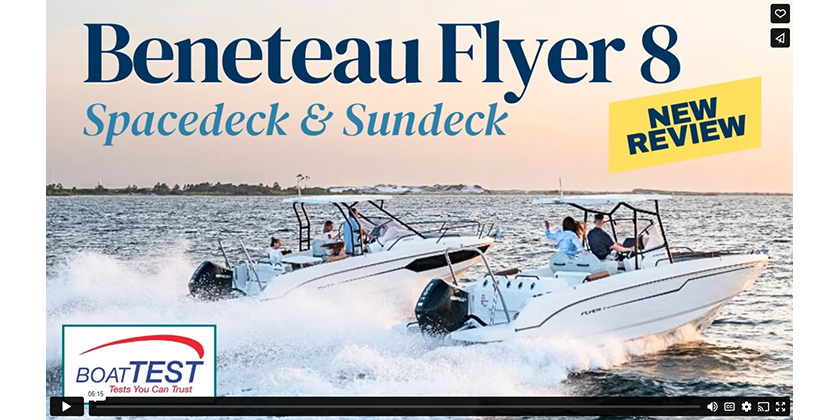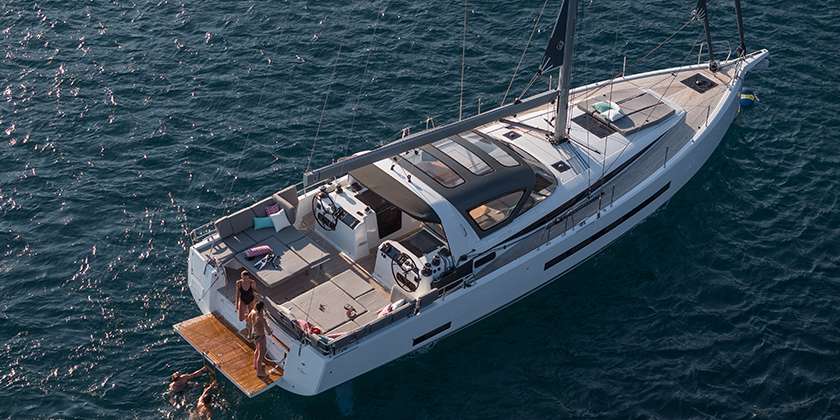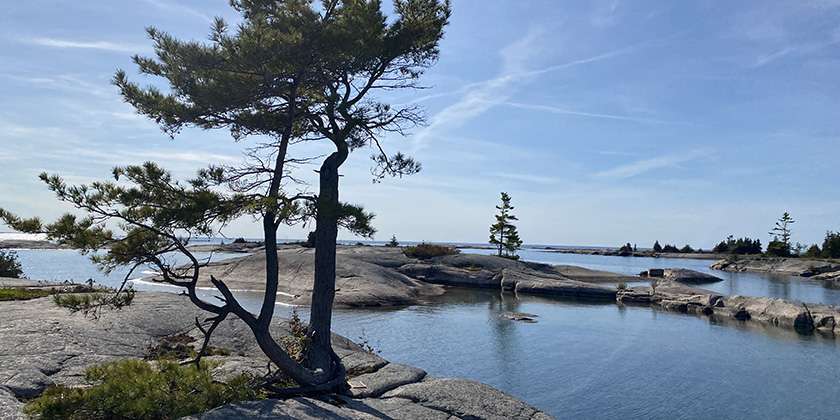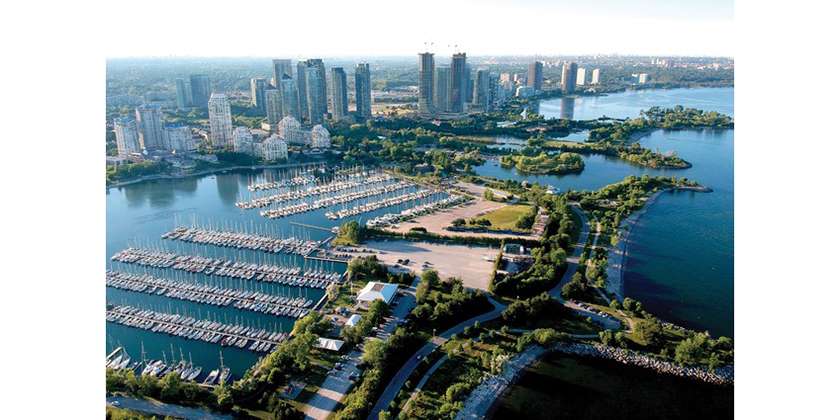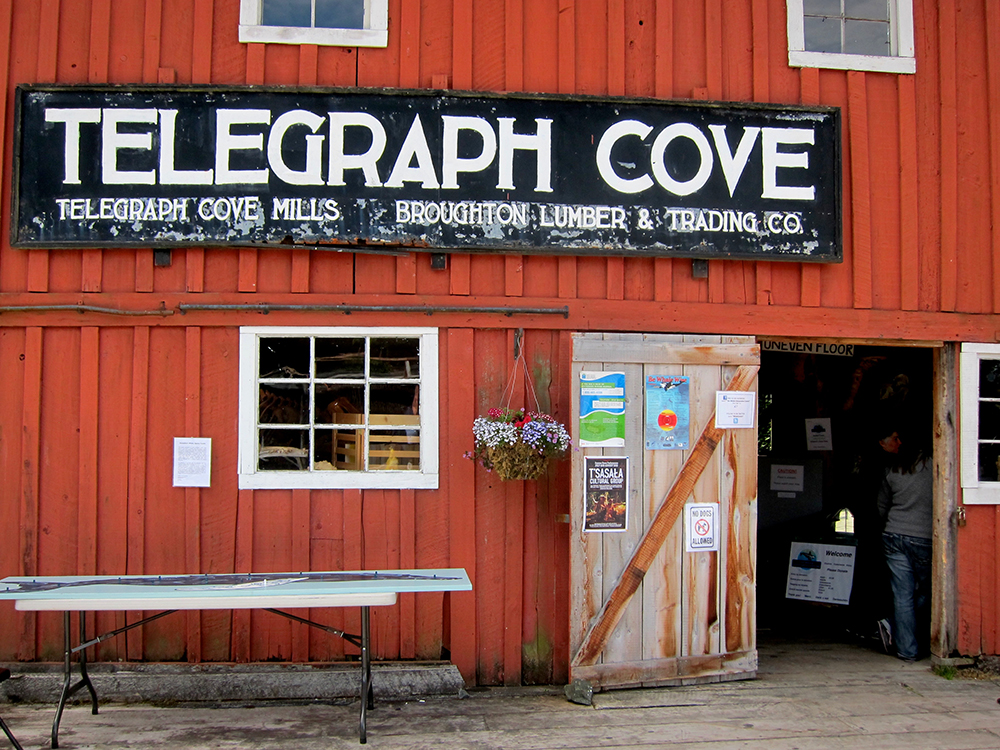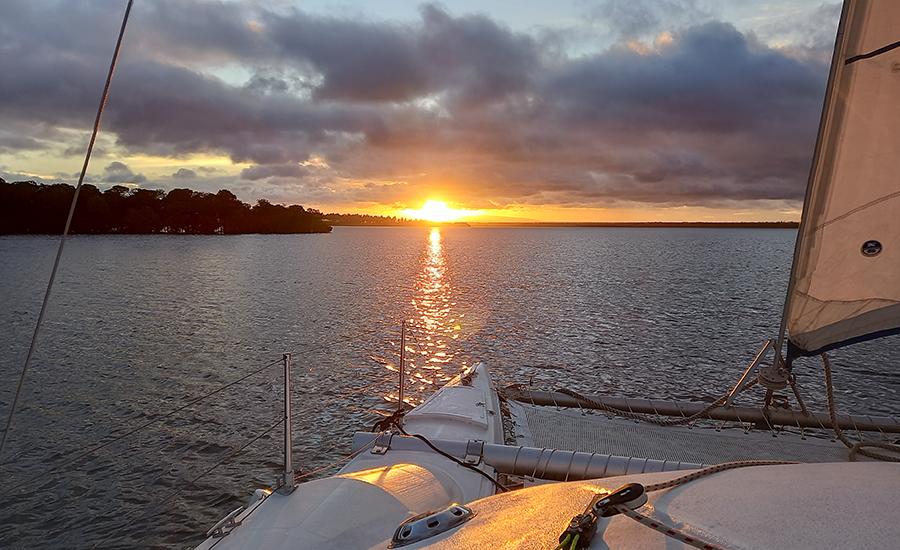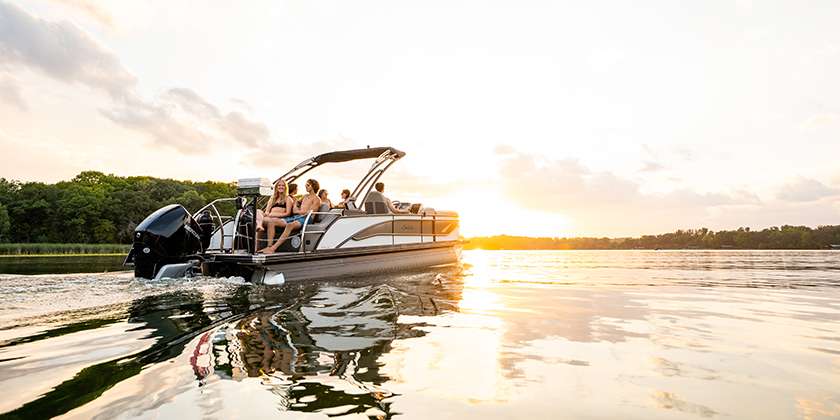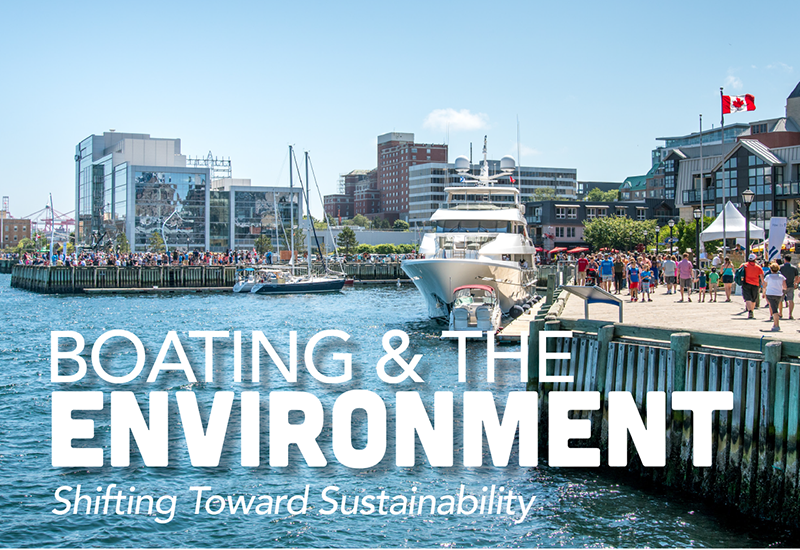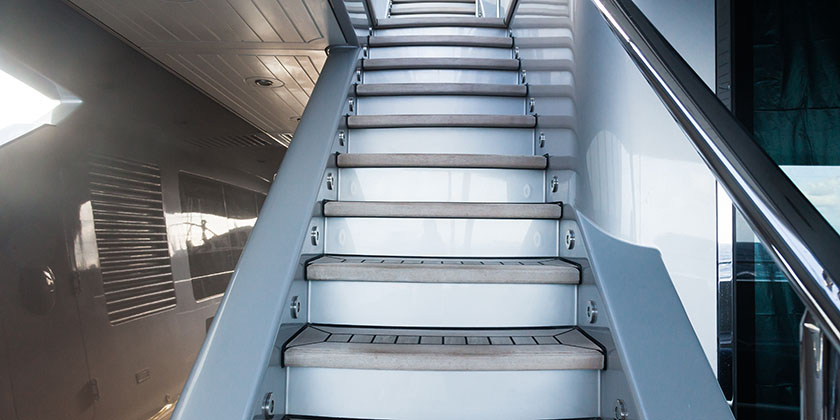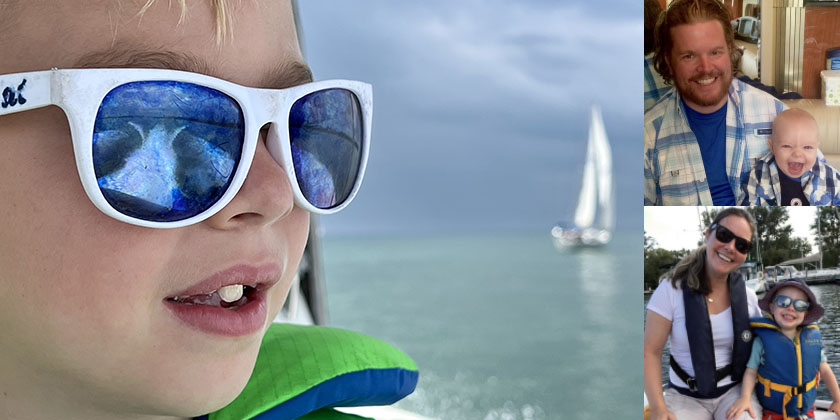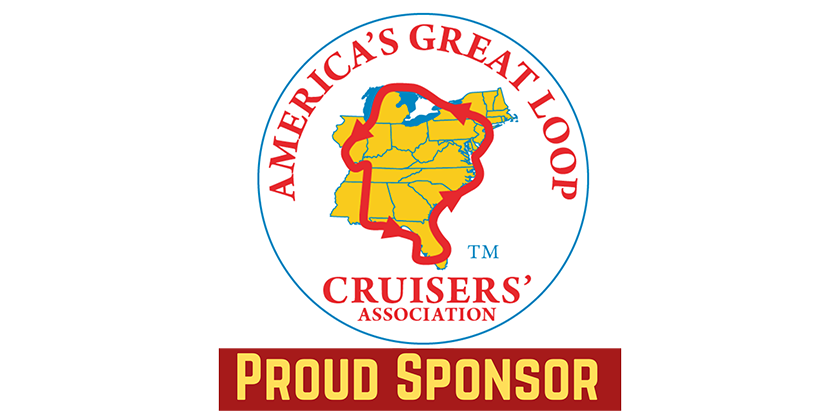Marine Surveys – The What, How and Why – Part 1 Intro
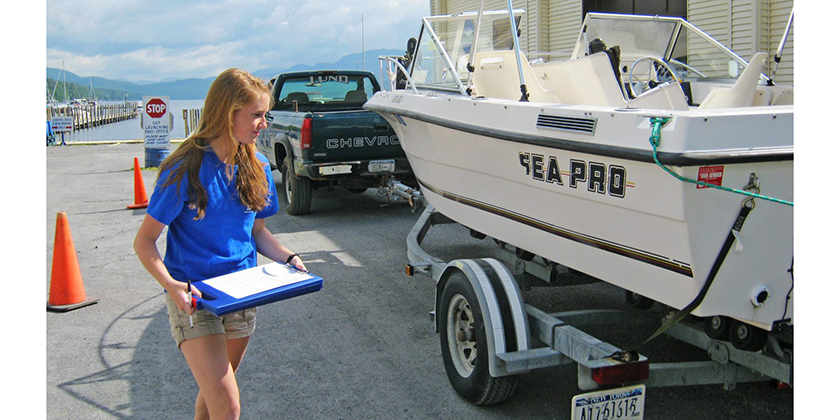
Jan 25, 2024
by Marc Robic
It is important to note that, unofficially, there are two types of surveys: one for pre-purchase purposes and one for updating the current condition of the boat.
The pre-purchase survey should be much more detailed as the entire boat and all equipment will be checked for condition and functionality and will provide the potential buyer with a real time actual condition of the boat. If the seller provides you with the survey, be sure to have it on-hand as you inspect the boat yourself and do refer to it. Do not assume the seller’s surveyor has noted everything. Make sure to have the engine or propulsion equipment checked by a certified mechanic, as most surveyors do not do this.
The second type of survey is to confirm the current condition and value of your boat as well as update any previous survey (if applicable), ensuring that any critical previously identified issues have been taken care of, and to identify any new areas that require some attention.
In both cases, the survey should provide an estimated value of the boat based on both the survey results and comparable market values at time of the survey.
One very important note: Most surveyors will do a visual inspection of the engine but will not start the engine. For a pre-purchase inspection, it is highly recommended that a certain amount of the sale price (normally the engine replacement value) be kept in escrow until such time as the boat can be launched and the engine properly inspected by a certified mechanic.
The big question I had, as many of you probably wonder as well, is: why do insurance companies insist on a survey and are they mandatory? Simply put, yes, they are mandatory when requested. Because the condition of a boat changes and can do so very quickly, the focus of the survey for the insurance carrier is to ensure that the structural integrity of the boat is sound and that the boat is safe (electrical, fuel, thru hulls, safety equipment, etc.). The survey should also provide a documented estimated value of the boat at time of survey.
When it comes time to select a surveyor, the first and foremost issue is to validate the credibility of the surveyor. I asked my insurance carrier to provide me their list of approved surveyors. After calling a few of them located in my general area, I selected Marc Sauvé, whom I felt most confident with. He trained and graduated from Navtech in Florida in 2013 and is a member of the USSA (U.S. Surveyors Association) & ABYC (American Boat and Yacht Council).
Next issue, we will learn more about Marc Sauve’s survey of my boat – the good and the concerning!
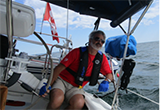
Marc Robic
INFORMATION about the writer:
Marc is a member of the Canadian Power & Sail Squadron. He and his wife sail their Catalina 270, Aquaholic 3, out of the Ile-Perrot Yacht Club in Montreal, where Marc spent 16 years as Harbour Master. They are also regular Caribbean bareboat yacht charterers. With over 40-years’ experience, Marc is also an avid onboard do-it-yourselfer.


